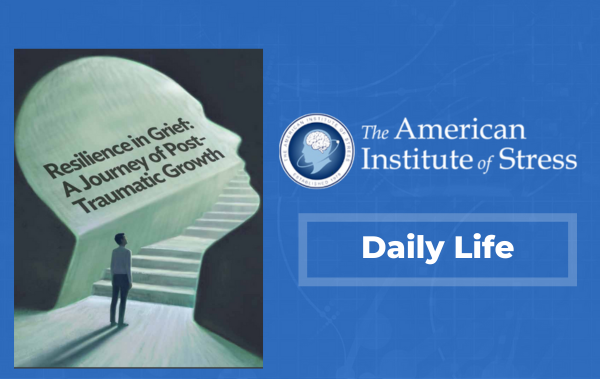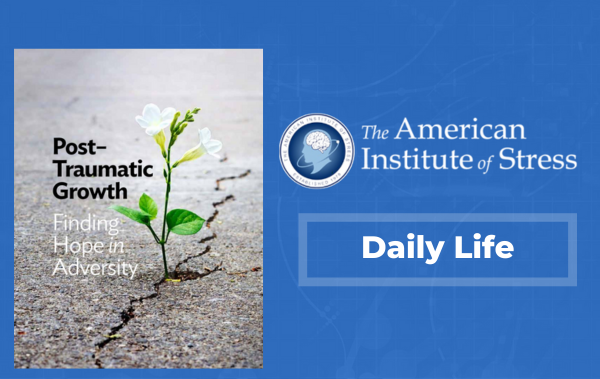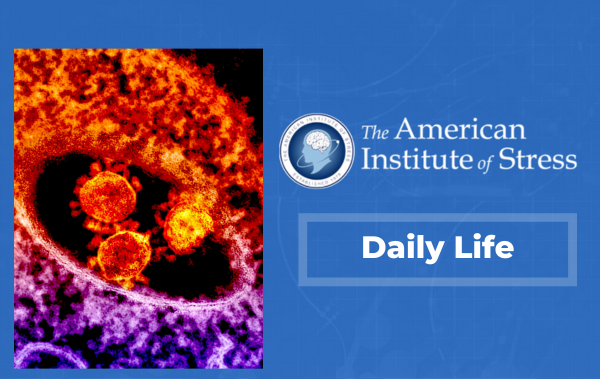- Updated
WEATHERFORD, Texas, Dec. 10, 2021 /PRNewswire-PRWeb/ — How do our bodies work? Does science have all those questions answered? Sadly, no. For if they did, medical treatments would have far better outcomes. Medicine is based on flawed and incomplete theories of physiology accepting large gaps in understanding and theoretical fillers to make assumptions seem viable and justify therapies.
Professor Hans Selye, “the father of stress medicine,” had another idea based on his observation that people with widely varying diagnoses exhibited similar symptoms. He coined the term “stress,” in the context of how we use the term today, defining how we react to any demands placed upon our bodies and minds. Although he was a prolific researcher, and founded a new concept of physiology, there wasn’t sufficient science in his day to finish the task replacing putative concepts with known facts.
After working on it for over 20 years, anesthesiologist Dr. Lewis S. Coleman has uncovered the Mammalian Stress Mechanism originally proposed by Hans Selye, explaining how the relationship between illnesses and the environment stress us, and how our bodies naturally respond by repairing us and making us whole again. This Unified Theory of Medicine and Biology explains how treatments that restore normal stress mechanism activity can cure disease and save lives. This is the zenith of 20th century science and the most important advance in the history of medicine and biology for the 21st century.
The Winter issue of Contentment magazine, released today, introduces The Mammalian Stress Mechanism as discovered by Dr. Coleman. Subscriptions are free. Sign up and read about this amazing breakthrough today at the nonprofit American Institute of Stress, at https://www.stress.org/daily-life/contentment-magazine
The stress mechanism is complex, beautiful, and a force of nature. It normally functions efficiently and unobtrusively to supply oxygen and nutrients to cells throughout the body, to maintain and repair tissues when they are injured, regulate blood flow, breathing, digestion and excretion. Combinations of tissue damage and hyperactive nervous system activity overwhelm the stress mechanism causing it to waste the body’s resources and produce excessive and defective substances that damage tissues and disrupt organ function. This manifests as disease.
All the time, money and human toll invested in attempting to cure cancer and so many other diseases made little progress because it was all based on an incomplete and often flawed physiology. Now if medical schools, researchers, and governments embrace and shift resources along the way Dr. Coleman informs us, healthcare in the near future will not only be far more effective, but it will also be kinder, gentler, working with our bodies rather than overpowering us. So called “modern medicine” will languish in history in the way we think of medieval medicine now. Dr. Coleman’s new book is the new bible of medicine and requires and deserves intense study and adoption in every field of healthcare. Dr. Lewis S. Coleman is truly the father of 21st century medicine.
50 Years Lost in Medical Advance: The discovery of Hans Selye’s stress mechanism by Lewis S. Coleman, MD, FAIS, published by the American Institute of Stress Press is available on Amazon and wherever fine books are sold.
“The full implications of this compendious work could well alter all fields of medicine if research based on these ideas bear fruit.” — W.A.C. Mutch, MD, FRCPC, Professor of Anesthesia and Perioperative Medicine, Director Neuroanesthesia Research Laboratory, Kleysen Institute for Advanced Medicine Researcher, Health Sciences Centre at the University of Manitoba.
“The core theory with mechanisms and some practical applications are extremely insightful and should not be missed by anyone interested in their own health or in how our medical and research system is searching in unhelpful domains and applying less than helpful theoretical applications. [Dr. Coleman’s] book and its theory need to find their way into the minds of our current thought leaders and funding recipients and anyone actually trying to reduce human diseases.” — Elliott English, Director of Telehealth Operations for BlueStar Telehealth.
The American Institute of Stress (stress.org) is a non-profit organization established in 1978 at the request of Hans Selye, MD, PhD, by his protégé Paul Rosch, MD to serve as a clearinghouse for information on all stress related subjects. Other founding members included Linus Pauling, Alvin Toffler, Bob Hope, Michael DeBakey, Herbert Benson, Ray Rosenman and other prominent physicians, health professionals and lay individuals interested in exploring the science and multitudinous varied effects of stress on our health and quality of life. Online at Stress.org.
Media Contact
William Heckman, The American Institute of Stress,
1 682.239.6823, [email protected]
SOURCE The American Institute of Stress





